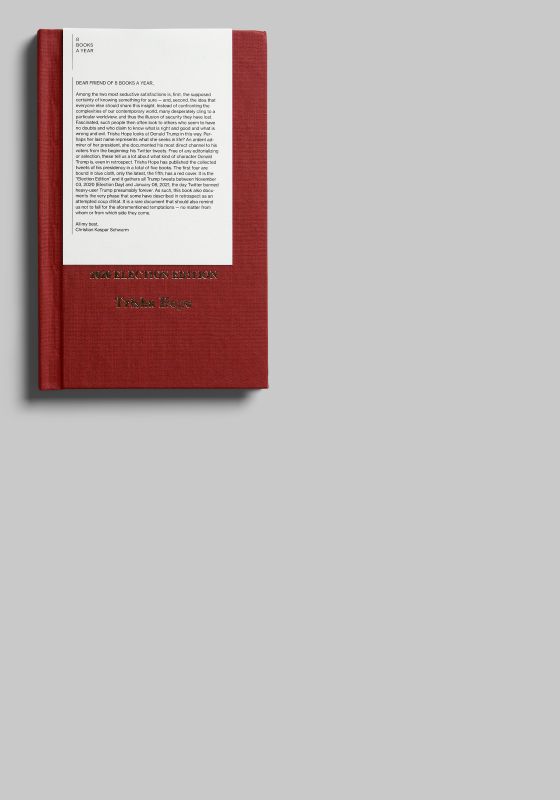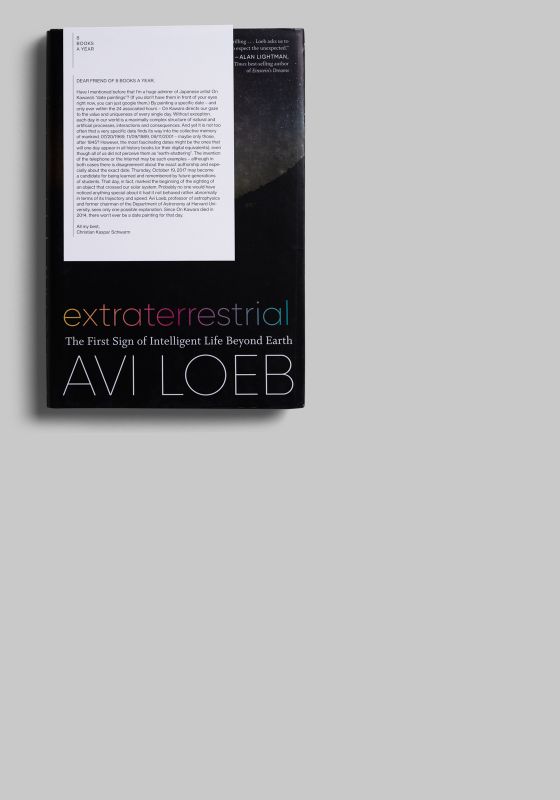MARCH 2017
Ken Wilber
A Theory Of Everything
An Integral Vision for Business, Politics, Science and Spirituality
Shambhala, 2000
DEAR FRIEND OF 8 BOOKS A YEAR,
2 years ago I stepped out of my own company. I had founded it 12 years earlier and nobody wanted me to leave. On the contrary: Most of my colleagues couldn’t understand why I’d leave a working environment which I had built myself and which I could have changed if I’d wanted to. So why did I do it? There were 2 reasons. The first one was just a feeling. It came overnight and grew constantly, from month to month. My second motive was a sudden insight: Even a place or a situation you created yourself can become a golden cage. You might still be able to change something there, but the task of rearranging it also carries the potential of preventing you from thinking about whether you should leave or not. Months after I dared to go, I found a 1-page PDF online with the title “Integrales Kompetenzmodell” (“Integrated Competence Model”). It was pretty shocking: Everything I had been feeling – my vague hunches – were precisely described in it. This document, published by a German institute, active in organization development and change management, is actually based on a sociological model called “Spiral Dynamics” and on the work of the American crossover-philosopher Ken Wilber. I dived deeper, read more about this concept and watched a lot of interviews with one of its pioneers, Don Beck. I can’t say that this changed my life (as mentioned, I had already done so), but it changed my perspective on the ongoing changes in the world. Don’t worry: It’s by far the most undogmatic and open-minded model I know. But if you’d like to understand better e.g. why populism is rearing its ugly head right now in so many wealthy countries, you’ll find some excellent answers in just the first 2 chapters of this book. It was published in 2000 but feels more topical than ever.
All my best,
Christian Kaspar Schwarm
Ken Wilber
A Theory Of Everything
An Integral Vision for Business, Politics, Science and Spirituality
Shambhala, 2000
Read InscriptionDEAR FRIEND OF 8 BOOKS A YEAR,
2 years ago I stepped out of my own company. I had founded it 12 years earlier and nobody wanted me to leave. On the contrary: Most of my colleagues couldn’t understand why I’d leave a working environment which I had built myself and which I could have changed if I’d wanted to. So why did I do it? There were 2 reasons. The first one was just a feeling. It came overnight and grew constantly, from month to month. My second motive was a sudden insight: Even a place or a situation you created yourself can become a golden cage. You might still be able to change something there, but the task of rearranging it also carries the potential of preventing you from thinking about whether you should leave or not. Months after I dared to go, I found a 1-page PDF online with the title “Integrales Kompetenzmodell” (“Integrated Competence Model”). It was pretty shocking: Everything I had been feeling – my vague hunches – were precisely described in it. This document, published by a German institute, active in organization development and change management, is actually based on a sociological model called “Spiral Dynamics” and on the work of the American crossover-philosopher Ken Wilber. I dived deeper, read more about this concept and watched a lot of interviews with one of its pioneers, Don Beck. I can’t say that this changed my life (as mentioned, I had already done so), but it changed my perspective on the ongoing changes in the world. Don’t worry: It’s by far the most undogmatic and open-minded model I know. But if you’d like to understand better e.g. why populism is rearing its ugly head right now in so many wealthy countries, you’ll find some excellent answers in just the first 2 chapters of this book. It was published in 2000 but feels more topical than ever.
All my best,
Christian Kaspar Schwarm












































